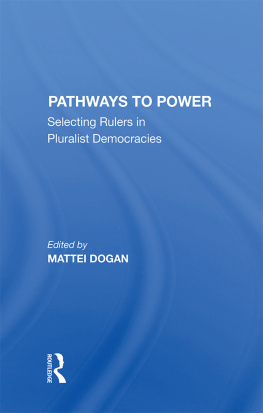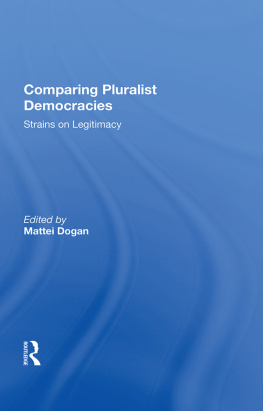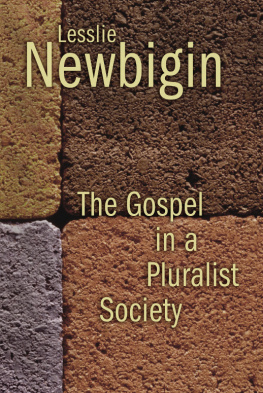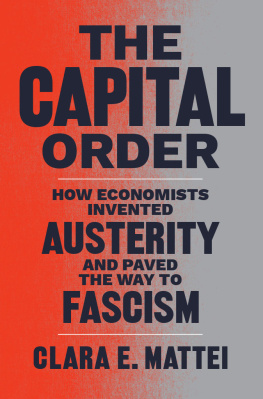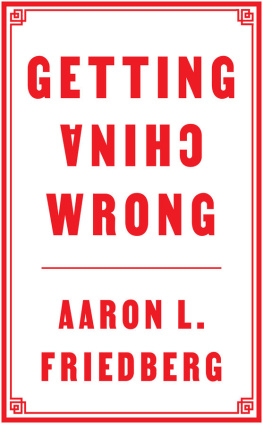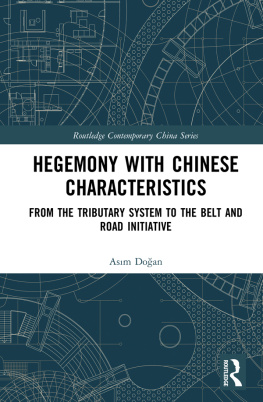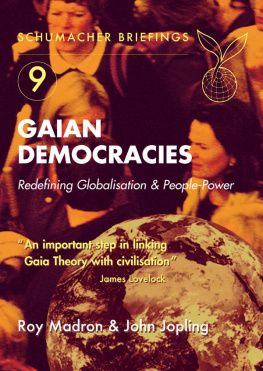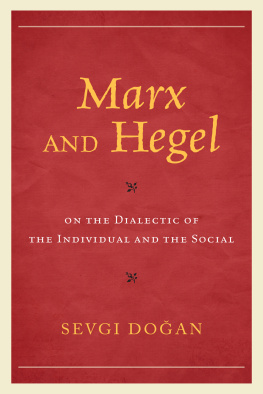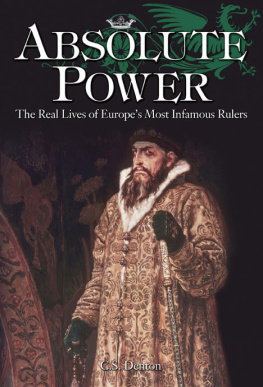PATHWAYS TO POWER
New Directions in Comparative and International Politics
Series Editors
Peter Merkl and Haruhiro Fukui
No Farewell to Arms? Military Disengagement from Politics in Africa and Latin America, Claude Welch
Comparing New Democracies: Transition and Consolidation in Mediterranean Europe and the Southern Cone, edited by Enrique A. Baloyra
The Rise and Fall of Italian Terrorism, Leonard Weinberg and William Lee Eubank
Comparing Pluralist Democracies: Strains on Legitimacy, edited by Mattei Dogan
Pathways to Power: Selecting Rulers in Pluralist Democracies, edited by Mattei Dogan
Pathways to Power
Selecting Rulers in Pluralist Democracies
Edited By
Mattei Dogan
First published 1989 by Westview Press, Inc.
Published 2019 by Routledge
52 Vanderbilt Avenue, New York, NY 10017
2 Park Square, Milton Park, Abingdon, Oxon OX14 4RN
Routledge is an imprint of the Taylor & Francis Group, an informa business
Copyright 1989 Taylor & Francis
All rights reserved. No part of this book may be reprinted or reproduced or utilised in any form or by any electronic, mechanical, or other means, now known or hereafter invented, including photocopying and recording, or in any information storage or retrieval system, without permission in writing from the publishers.
Notice:
Product or corporate names may be trademarks or registered trademarks, and are used only for identification and explanation without intent to infringe.
Library of Congress Cataloging-in-Publication Data
Pathways to power: selecting rulers in pluralist democracies/edited
by Mattei Dogan.
p. cm.(New directions in comparative and international politics)
Includes bibliographies and index.
ISBN 0-8133-7596-7
1. Political leadership. 2. Cabinet officers. 3. Presidents.
4. Democracy. 5. Comparative government. I. Dogan, Mattei.
II. Series.
JF251.P38 1989
351.004dc19 88-20814
CIP
ISBN 13: 978-0-367-28239-4 (hbk)
Contents
, Mattei Dogan
, Mattei Dogan
, Margaret Jane Wyszomirski
, Donald R. Matthews
, Mattei Dogan
, Donald D. Searing
, Hiromitsu Kataoka
, Richard Sisson
, John Coakley and Brian Farrell
, C. Fred Alford
, Mattei Dogan
Guide
The research committee on political elites of the International Political Science Association has organized in recent years several panels on the recruitment of cabinet ministers in competitive democracies. Most chapters of this book were originally written for these panels; the others have been prepared or revised especially for this volume.
Over the years the IPSA research committee on political elites has also had on its agenda panels on "charismatic leadership and political idolatry," "party cadres and militants," "the political role of higher civil servants," "elite theory," and other issues, always manifesting a preference for the comparative approach. A number of publications have resulted from these meetings.
In the preparation of this book, I have been immensely helped by my colleague Dwaine Marvick (UCLA), who shared with me the responsibility for the various activities of the research committee. His precious help is warmly acknowledged.
Mattei Dogan
Mattei Dogan
This book focuses on the selection process of cabinet ministers in a variety of democratic political systems. Rather than studying a few great political leaders, it surveys teams of rulers at the summit of the state apparatus. Only in two pluralist democracies, Australia and New Zealand, are ministers elected by Parliament; in the other thirty or so democracies they are appointed or co-opted by peers. Because the ministers are selected by the elected, and because they are of greater breadth of experience than the average parliamentarian, ministers are an elite within an elite. As a whole, the book reveals how this super-elite is chosen; because authors raise the same questions and deal with similar issues for the various political systems, the individual chapters are implicitly comparative.
Obviously, the recruitment patterns vary from one type of political system to the next. The road to power cannot be the same in a consociational democracy, where the parties play a crucial role, as it is in parliament-centered systems, where the selection process is located in the legislative committees; in a federal system like the United States, as in a centralized system like France; in a one-party-dominant system such as Italy, Japan, Ireland, and India, as in a majoritarian system such as Britain until recently. The chapters of this book discuss the variety of recruitment patterns in some of these political systems.
Cabinet building is the final goal of electoral competition in a parliamentary democracy, and the formation of a new government is a periodic but critical event in the political life of a nation. How ministers are chosen is therefore of prime importance. Despite the significance of this choice, constitutions and basic laws say little about the selection of cabinet ministers. In most cases, there is simply an indication that the ministers are appointed by the chief of state on the proposal of the prime minister. Such simple provisions hide mountains of important political detail, the unwritten rules by which selections are made. Reading the texts of constitutions will not disclose these rules and criteria for minsterial recruitment; without being carved in stone, these rules are nevertheless well known by the most ambitious politicians. They are neither immutable nor rigid. It is precisely for this reason that they are not included in constitutional texts. Although understanding these rules helps one to understand better how the political system functions, this issue has not yet received the scholarly attention it deserves.
This lack of research is surprising in light of the importance and the generality of the topic. Among the thirty pluralist democracies in the world today, only one, the United States, does not have a real cabinet; in the United States, the cabinet secretaries do not constitute a collective decisionmaking body. In all other competitive democracies, even in the French presidential system, the cabinet is the key executive organ.
Apex of Power
In contemporary competitive democracies, cabinet ministers are the heirs of the lords and barons of yesterday's aristocratic regimes. They are the most visible representatives of the ruling class; only entertainers capture media attention as often as cabinet ministers do. It is little wonder that so many ambitious politicians aspire to reach the visibility and fame of a cabinet minister. "It is like the zoo at feeding time," said the marquis of Salisbury, forming a cabinet in 1890. "It's been terrible. I have had people in here weeping and fainting," said Ramsay MacDonald, forming a cabinet in 1929. "At thirty-two I was a university professor, at forty-two a cabinet minister; for five years I was Federal chancellor and for a long time Federal minister. I have a beautiful life behind me. My ambition was early satisfied," said the great Austrian chancellor, Ignaz Seipel. Politics absorbed him so much that he confessed he had "never known any women" and "had seen them only in the streets." His biographer commented that Seipel's "background and his asceticism were precisely the reasons for his ambition" (Klemperer, p. 419). "At the age of eighteen, I made a wish that on my gravestone be inscribed: Here lies Louis Marin, French statesman" (written personal communication). Few people become cabinet ministers involuntarily, by accident. On the road to the apex of power, one has to be devoured by ambition, one has to desire to shine.


